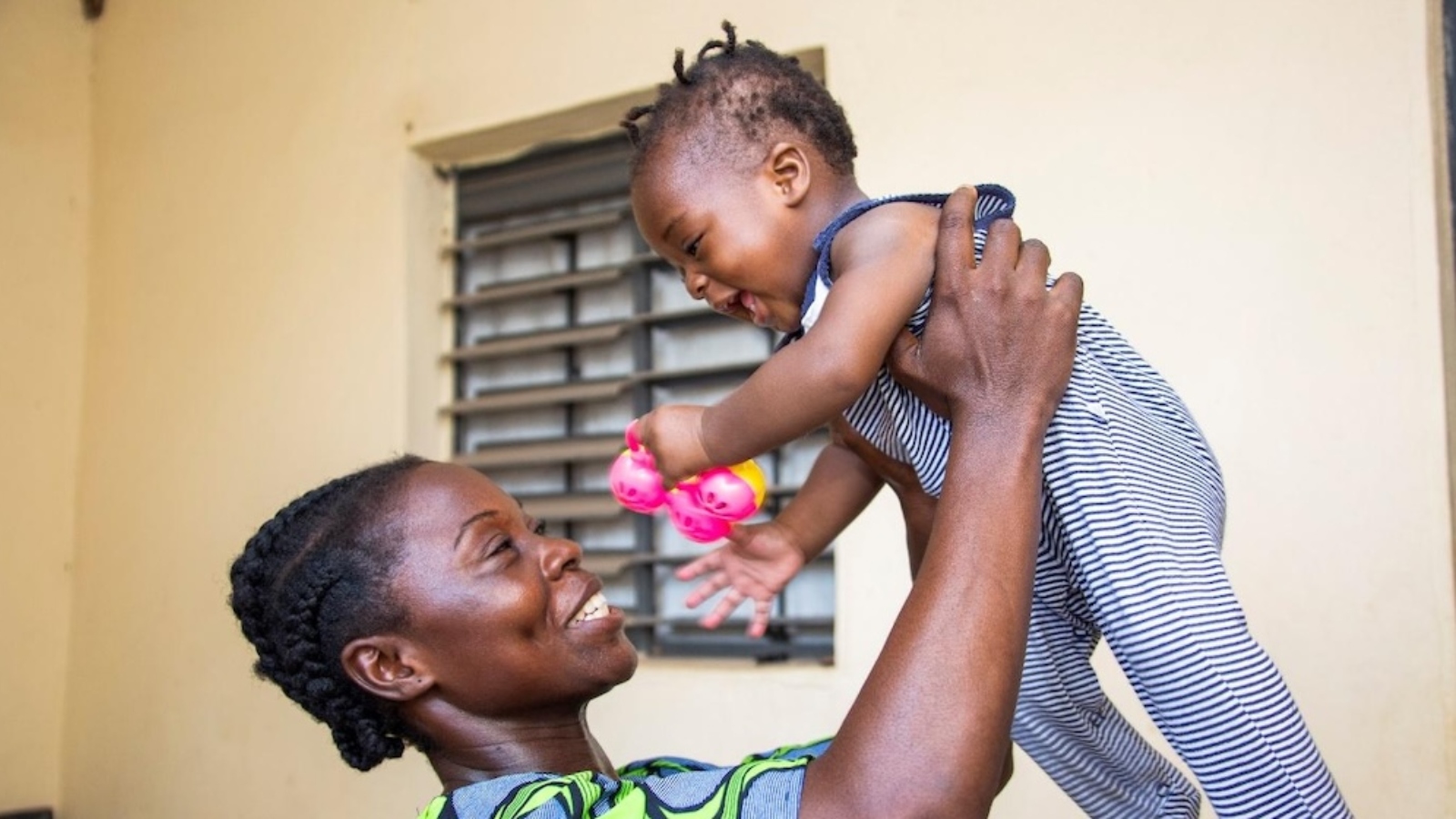
The International Day of Care and Support takes place on October 29 2024 at 10:00 until 12:00 (America/New York). Register to watch a live stream of the event here.
The care economy
Care work, both paid and unpaid, is crucial to the future of decent work. Growing populations, ageing societies, changing families, women’s secondary status in labour markets and shortcomings in social policies demand urgent action on the organization of care work from governments, employers, trade unions and individual citizens. If not adequately addressed, current deficits in care service provision and its quality will create a severe and unsustainable global care crisis and increase gender inequalities at work.
Care work consists of two overlapping activities: direct, personal and relational care activities, such as feeding a baby or nursing an ill partner; and indirect care activities, such as cooking and cleaning. Unpaid care work is care work provided without a monetary reward by unpaid carers. Unpaid care is considered as work and is thus a crucial dimension of the world of work. Paid care work is performed for pay or profit by care workers. They comprise a wide range of personal service workers, such as nurses, teachers, doctors and personal care workers. Domestic workers, who provide both direct and indirect care in households, are also part of the care workforce.
The care economy is growing as the demand for childcare and care for the elderly is increasing in all regions. It will thus create a great number of jobs in the coming years. However, care work across the world remains characterised by a void of benefits and protections, low wages or non-compensation, and exposure to physical, mental and, in some cases, sexual harm. It is clear that new solutions to care are needed on two fronts: in regards to the nature and provision of care policies and services, and the terms and conditions of care work.
With the global demand for domestic workers likely to grow, the International Labour Organization steps up action to ensure they have access to decent work.
International Day of Care and Support
The International Labour Organization (ILO) will mark International Day of Care and Support 2024 by spotlighting the Resolution concerning Decent Work and the Care Economy, adopted by the ILO International Labour Conference in June 2024.
Mindful of the need to invest in the care economy and to create robust, resilient and gender-responsive, disability-inclusive and age-sensitive care and support systems with full respect for human rights with a view to recognizing, reducing, valuing and redistributing unpaid care and domestic work and support, the General Assembly decided to proclaim 29 October as International Day of Care and Support.
It also stressed the need to recognize and value paid care work and care workers as essential workers and the need to adopt measures that combat gender stereotypes related to care and support, as well as those related to, inter alia, race, ethnicity, age and migratory status, to reduce occupational segregation for care work, facilitate the transition from informal to formal work and decent work, including with regard to paid care and domestic work, and create quality jobs in the care economy and increase the rewards and representation of paid domestic workers, including care workers, as well as the need to realize women’s right to work and rights at work for those with care responsibilities, including equal pay for work of equal value.
The Assembly invited stakeholders to observe the International Day of Care and Support on an annual basis in an appropriate manner in order to raise awareness of the importance of care and support and its key contribution to the achievement of gender equality and the sustainability of our societies and economies, as well as of the need to invest in a resilient and inclusive care economy, including the development of strong and resilient care and support systems.
Caring for the carers
Making decent work a reality for domestic workers
Did you know?
- The global care workforce comprises 249 million women and 132 million men.
- By 2030, the number of care recipients is predicted to reach 2.3 billion, driven by an additional 0.1 billion older persons and an additional 0.1 billion children aged 6 to 14 years.
- Women perform 76.2 per cent of the total amount of unpaid care work, 3.2 times more time than men.
Learn more in the ILO report Care work and care jobs for the future of decent work.
Resources
Documents
- World International Day of Care and Support (A/RES/77/317)
- ILC.112/Resolution V concerning decent work and the care economy
- ILO Convention 189 on domestic workers
Publications
Websites
- ILO Global Care Policy Portal
- Decent Work for Sustainable Development Resource Platform
- Care Economy
- Domestic Workers
- Global Issues — Ageing
- Global Issues — Gender Equality
- Global Issues — Health
Sources: UN News and ILO
 Welcome to the United Nations
Welcome to the United Nations